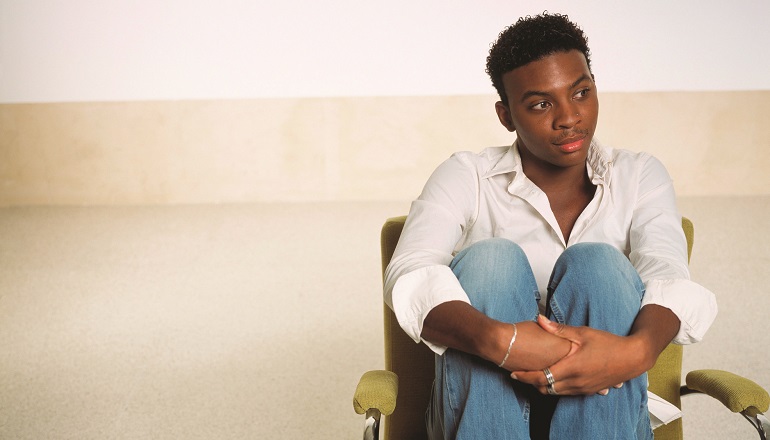Bruce had been a cheerful, outgoing child who had many friends. But when he turned 15, his parents noticed a change in him. He seemed more withdrawn and less gregarious. One day, when Bruce and his mother, Karen, were driving home from school, he seemed particularly down. When Karen asked him what was wrong, he said, “I’m not who you think I am.”
That summer, Bruce’s parents discovered that he was sneaking out of the house at night and drinking. One night, after a binge, he fell asleep in a wooded area and didn’t come home. “That was it for us,” says Karen. “Bruce’s father and I needed to find out what was wrong.”
A Sense of Isolation
With his parents’ help, Bruce entered therapy and began to explore his difficult behavior. In time, he admitted that he’d had homosexual urges since he was 14–and that these feelings had made him suicidal.
Understanding and accepting one’s homosexuality is extremely difficult for most teens. In fact, many deny what they see as a shameful truth about themselves, which leaves them further confused about their identity and burgeoning sexuality.
For adopted teens, who may already be struggling with identity-related questions, being gay can add to their stress. It can feel like one more blow to their vulnerable self-esteem, causing anxiety and depression. (It’s not uncommon for depressed teens to turn to alcohol and drugs to ease their pain, as Bruce did.)
Discovering One’s Self
Bruce admits that, at first, he didn’t want to be gay. But as he gradually worked though his shame and became more self-accepting, he decided to take the risk and tell his closest friends. At first, his friends said they cared about him, but they were also afraid to be seen with him because they might be ostracized by peers. Sadly, many of those friendships ended.
Though this rejection was rather painful, Bruce, at 16, began a relationship with another boy who had also just discovered he was gay, and they supported one another. Now in college, Bruce has many friends–men and women, gay and straight–and says, “I have found true, respectful friends. I don’t have to be fake, I don’t have to lie.” He is thriving socially, emotionally, and academically.
Parents may not always know what is bothering their teen, but it’s crucial to pay attention to any signs of distress (changes in behavior, mood, and academic performance) and to keep the lines of communication open.
You should convey an accepting attitude toward all differences long before adolescence. In doing so, you will create an atmosphere of guidance and true support that will help any teen form a positive, healthy identity.



